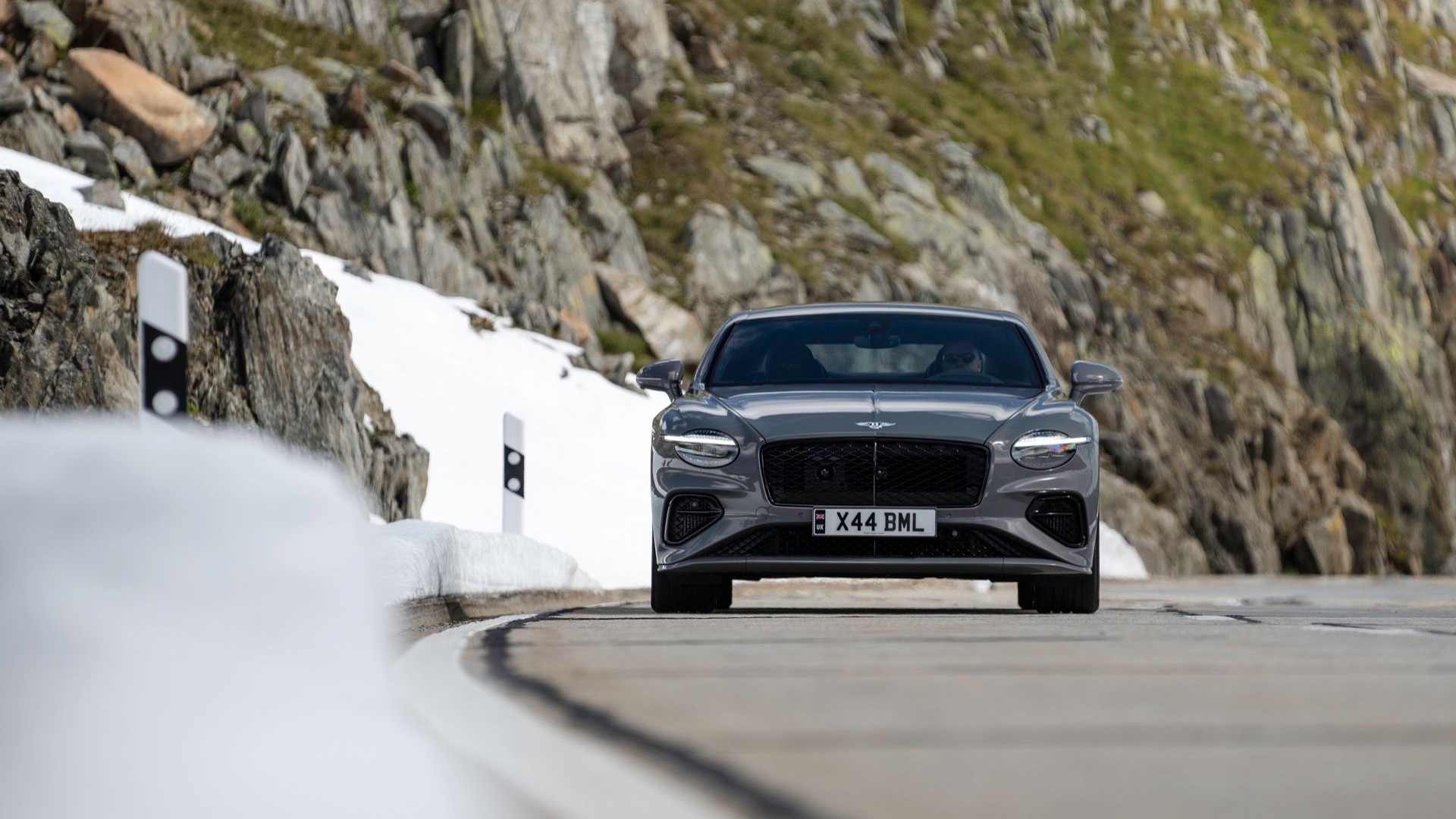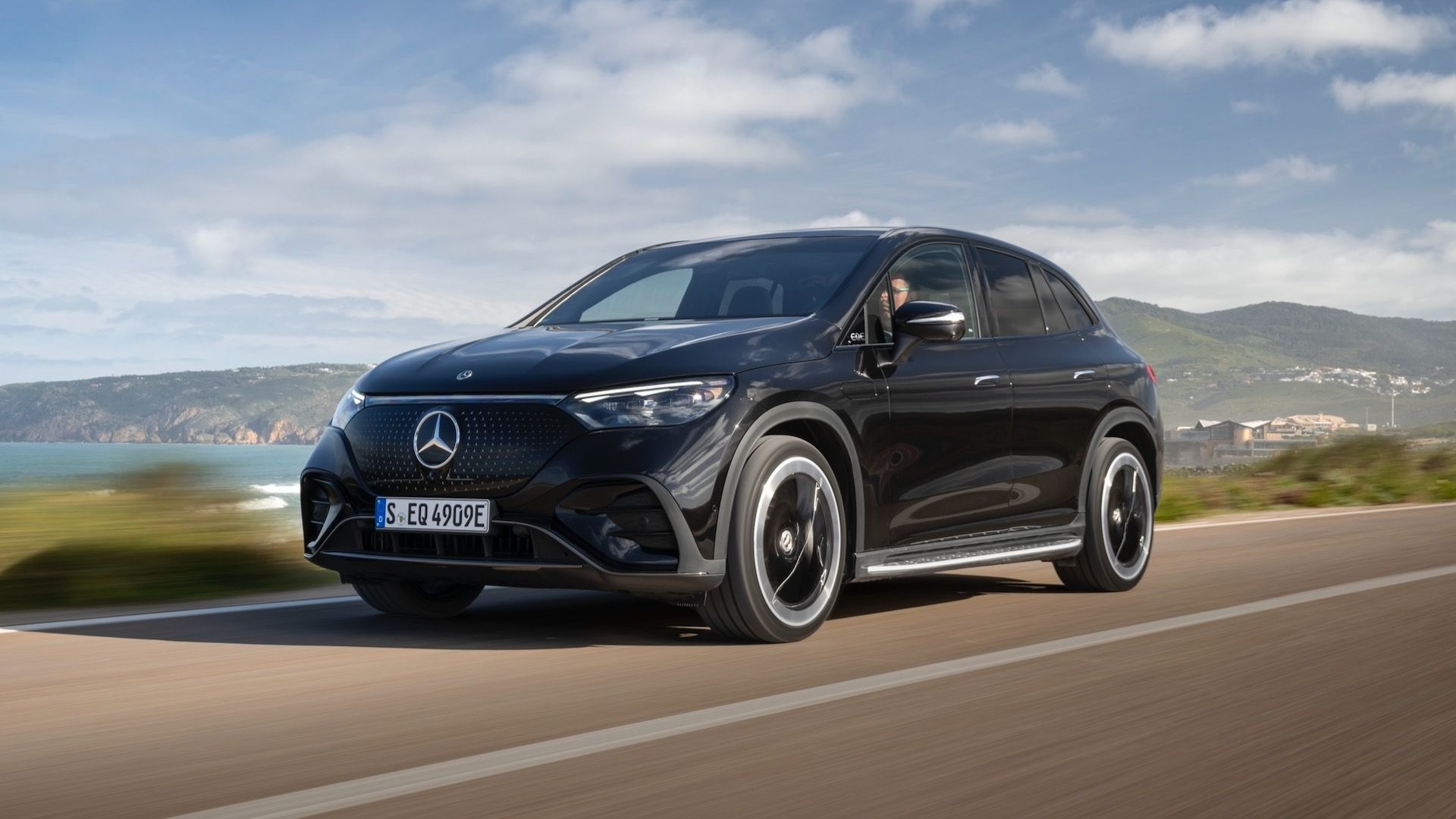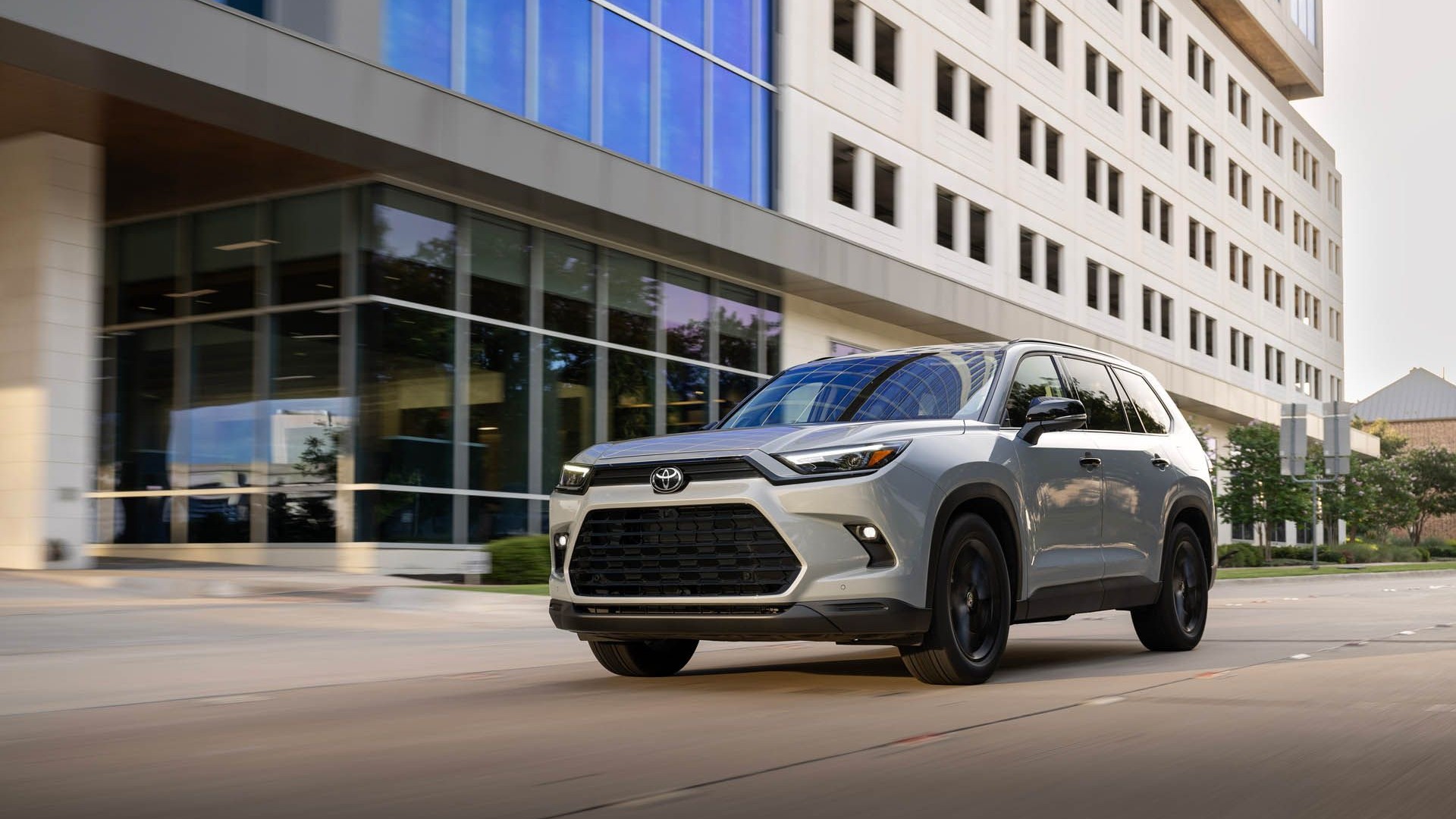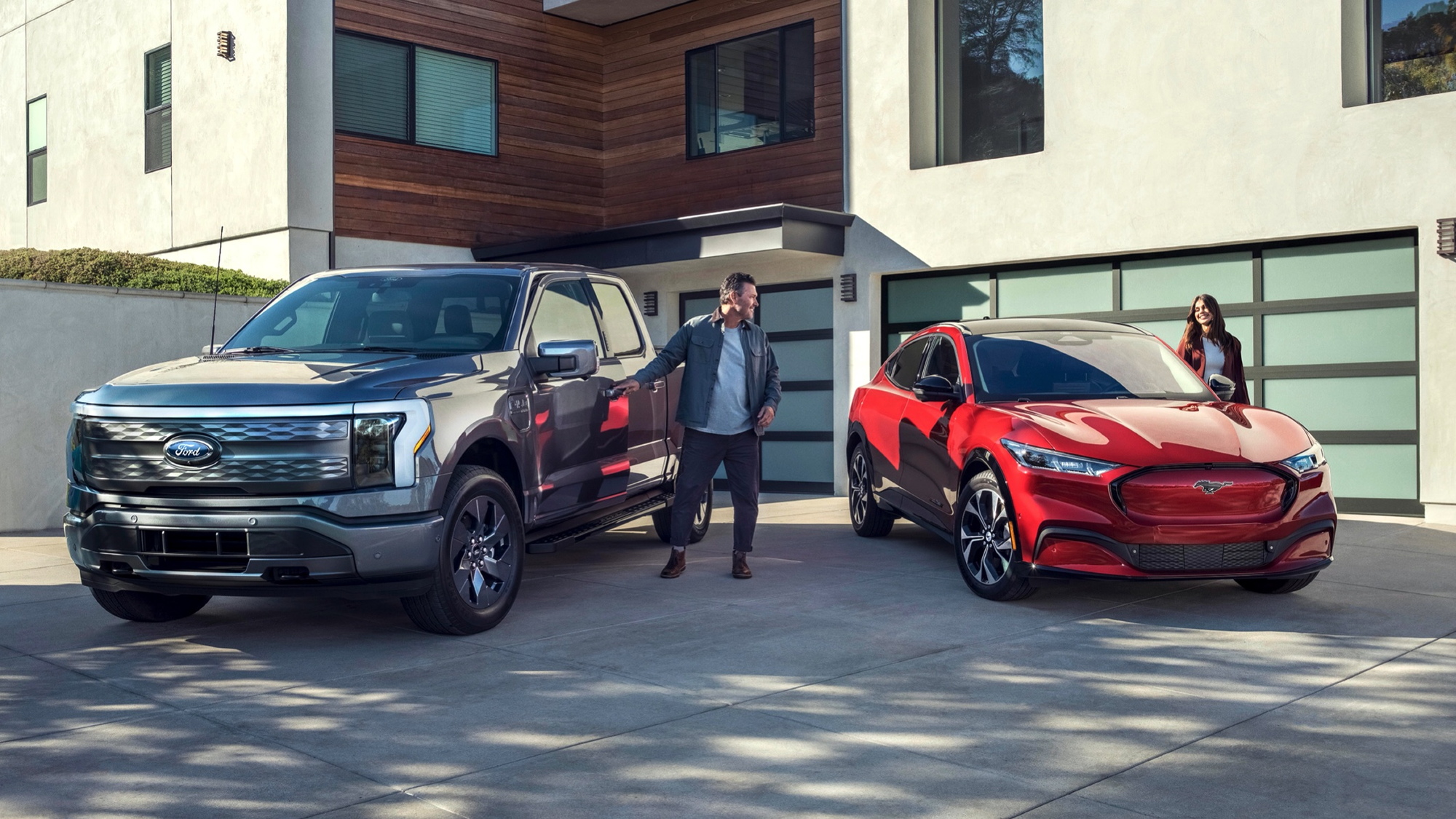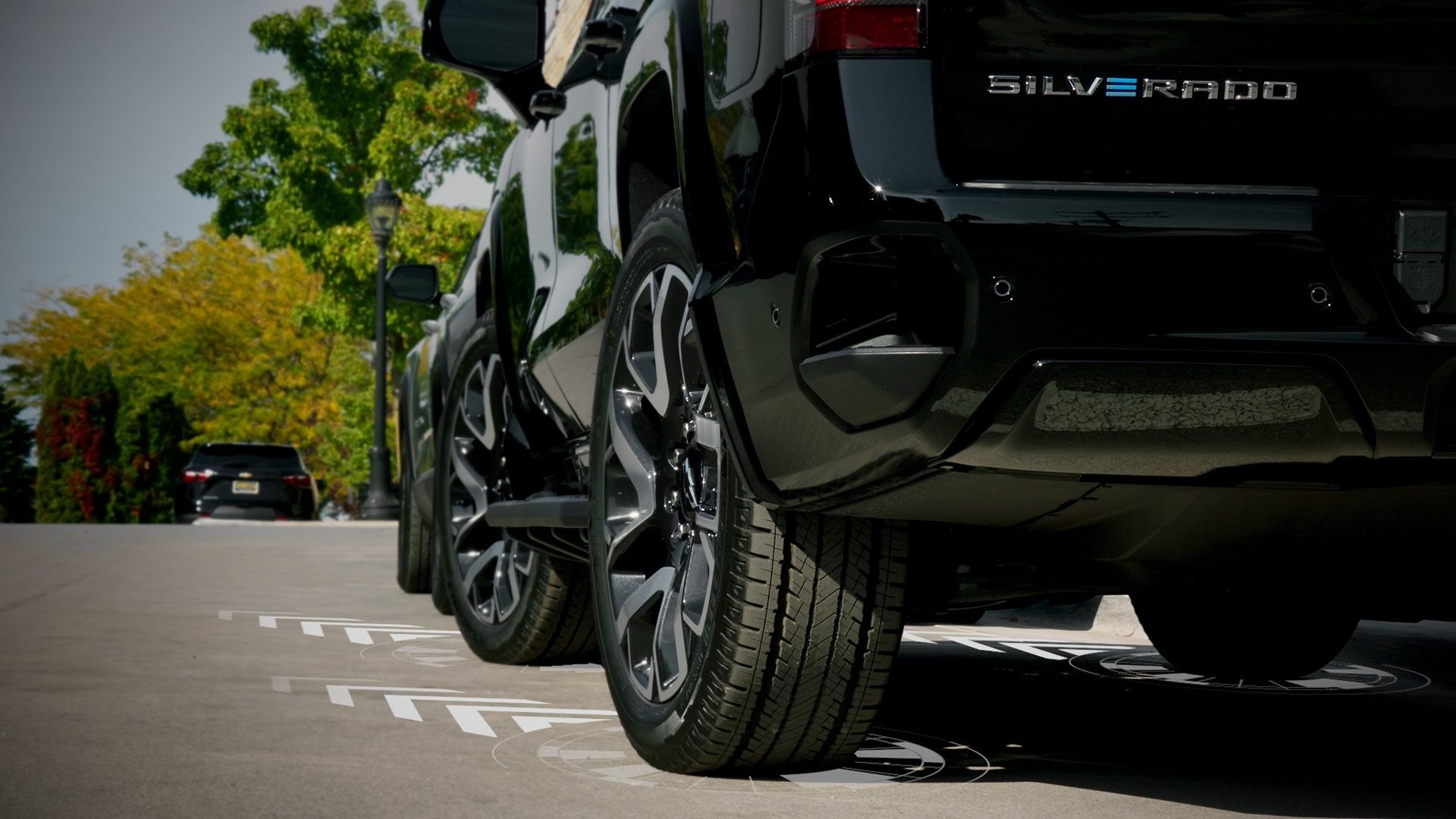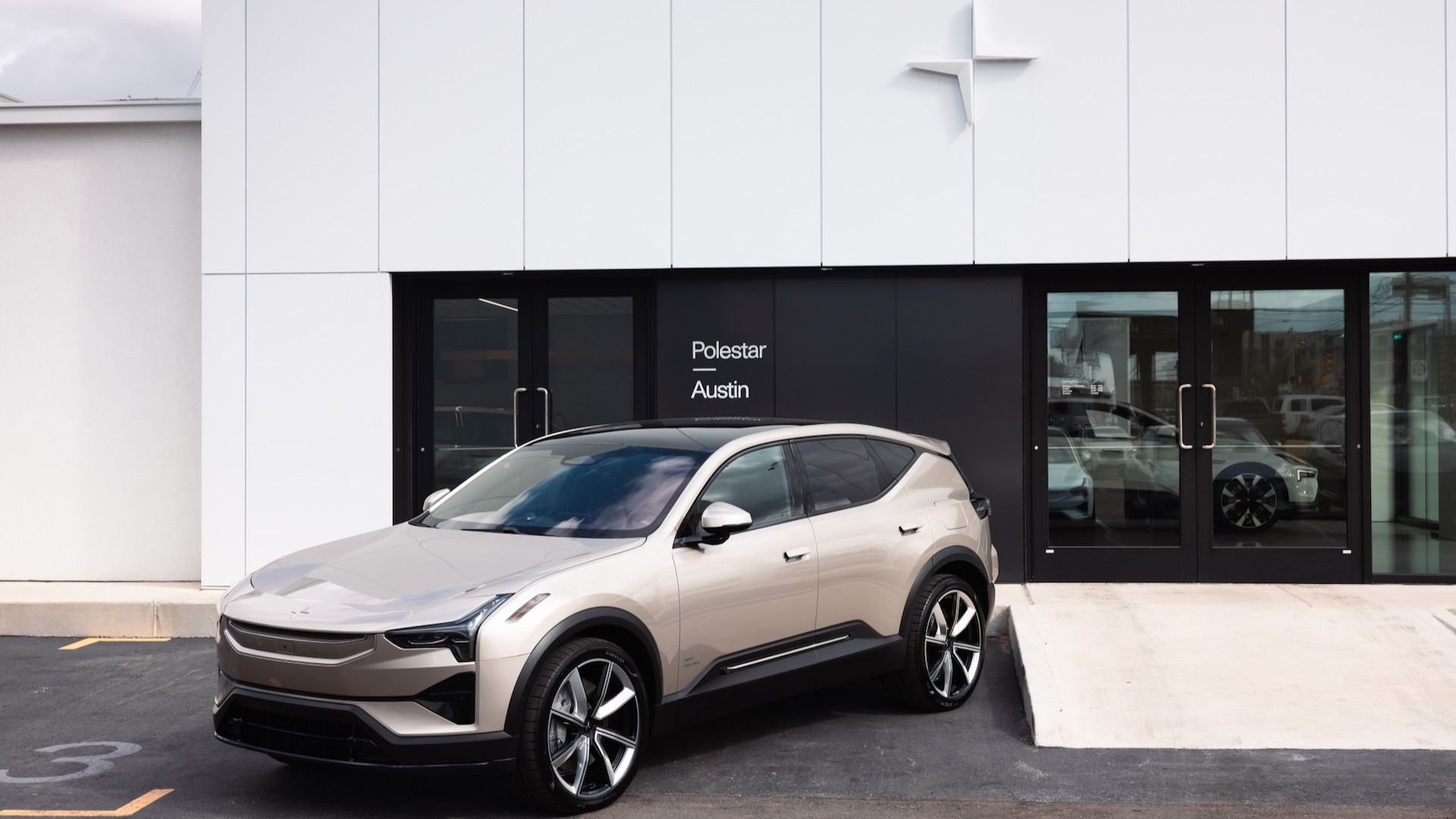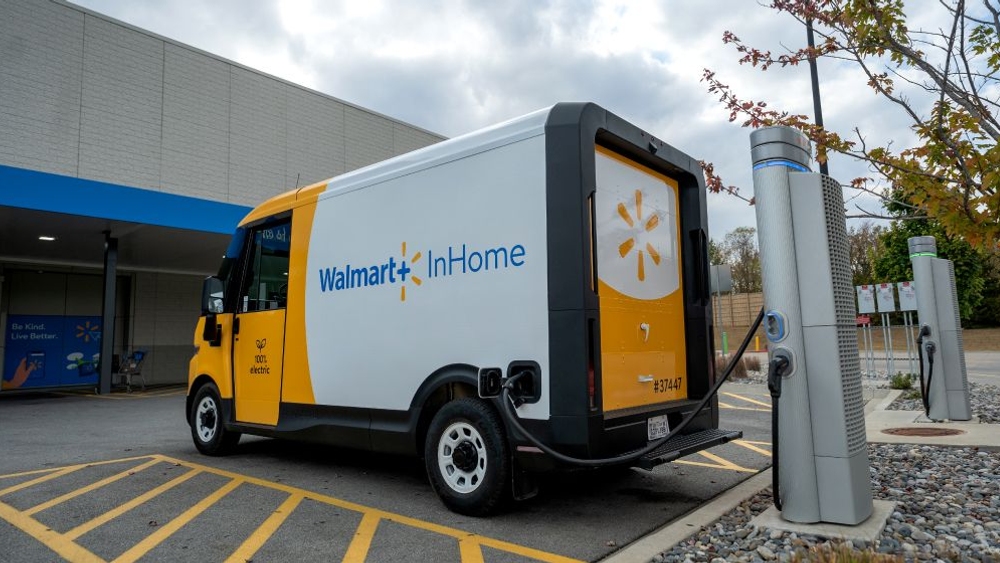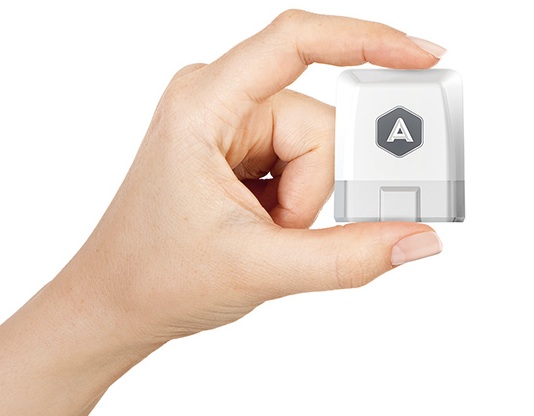
Automatic Link device connects to cars' OBD-II ports to gather data for an iPhone app
Last month, Apple Stores in the United States began stocking the Automatic Link.
And it might just point the way toward how to convince more car buyers that a plug-in electric car--or other alternatives, from hybrid to diesel to natural gas, for that matter--could make economic sense.
The Automatic Link is a $99 device that connects to a car's OBD-II data port and feeds selected information to an app on the owner's iPhone, which becomes a "smart driving assistant" with a focus on fuel efficiency.
Developed by Bay Area startup Automatic, the product monitors and summarizes the driver's routes and routines, and offers gentle audio feedback that warns against wasteful driving habits.
Automatic, for the people
The company says the app can help drivers save hundreds of dollars annually in fuel costs. It also diagnoses "idiot light" issues, contacts help in the case of accidents, and--perhaps best of all--reminds owners where they parked their cars.
Unfortunately, the Automatic Link software can't yet monitor electric vehicles. In fact, the team hasn't even ported the program to Android yet.
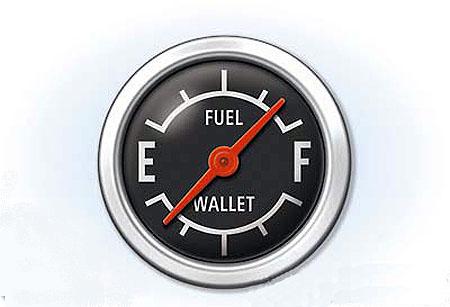
Gas gauge
But sooner rather than later, this kind of program could become a "killer app" to encourage electric-vehicle adoption, simply by inoculating users against range anxiety
By logging the real-world driving habits of its users, such an app could make it possible for a driver to ascertain whether a new car with a given electric range can actually meet most of their actual needs--based on data, rather than on a vague mental picture of the range a driver "needs."
A prospective car buyer might see that a 75-mile Nissan Leaf or a 76-mile Ford Focus Electric could meet every daily driving need--except for three weekends a year spent camping and one long holiday road trip.
If they could see data showing that on every other day over a few months, their maximum distance traveled was 65 miles, they might be more willing to go electric.
On those other occasions, they might be amenable to renting or car-sharing with the money they had saved on gas.
The Automatic Link is available in Apple's online store as well retail locations, and an Android app is expected by end-of-year. Any car sold in North America since 1996 has the required OBD-II data port to connect the device.

Excerpt of MyCarma Label report, by CrossChasm Technologies
Carma, for dealers
Another app, CrossChasm Technologies' MyCarma, performs a similar function--but for car buyers who are shopping right now.
The company provides OBD-II data loggers to dealerships, who install them free into the cars of visitors who soughtnew-car information.
When the prospect returns the data logger, their driving patterns are analyzed and used to generate a report (the "MyCarma Label") that predicts the real-life costs and fuel efficiency of selected vehicles, based on their actual driving patterns and distances.
The predictions' accuracy comes from the six years and many thousands of hours the team has spent developing detailed software models of automobiles. CrossChasm was spun out of the University of Waterloo team that won the U.S. DOE's Challenge X college green-car competition several years ago.
It has since won powertrain modeling contracts with some of the world's largest automakers, and verified its simulations for 174 different vehicle models--including several plug-in electric cars.

Excerpt of MyCarma Label report, by CrossChasm Technologies
In Canadian trials, the MyCarma approach made customers "stickier" for dealerships. Two locations reported "be-back" rates (the percent of customers who returned for a second visit) in the 90-percent range, up from 25 and 40 percent before the trials began.
That means there's a value proposition for dealerships, who purchase the product. The company's first American trials recently began at a Toyota dealership in Atlanta.
Countering the ROI Lie
MyCarma too holds promise for boosting sales of plug-in electric vehicles. It does so by confronting what CrossChasm calls the ROI Lie, described this in its presentation at the Canadian EVVE 2013 electric-vehicle conference last month.
The so-called ROI Lie comes when buyers disheartened by the higher sticker prices of plug-in vehicles tell themselves those vehicles just don't make economic sense.

The so-called ROI Lie, presentation for MyCarma by CrossChasm Technologies
Because most new-car buyers finance their vehicles, MyCarma focuses on the monthly cost of ownership. It can counter retail buyers' chronic tendency to overweight initial purchase price or monthly payment, and underweight the financial effects of ownership and running costs over the term of the loan.
In the presentation, CrossChasm showed that, the $11,000 cost premium of a Nissan Leaf in Ontario (after incentives) against a Nissan Versa amounted to a mere $7 per month after reduced running costs were factored in.
The challenge is that car payments and fuel costs (or electricity bills) are rarely added together by consumers--and dealers have little incentive to argue with shoppers that they're making bad decisions or overestimating their actual driving needs.
Cost, convenience, and contemplation deficit
Analysis based on a customer's own actual usage data could prove far more convincing than the theoretical benefits enthusiastically discussed by electric-car advocates. Apps like these should be exciting news for electric-car proponents.
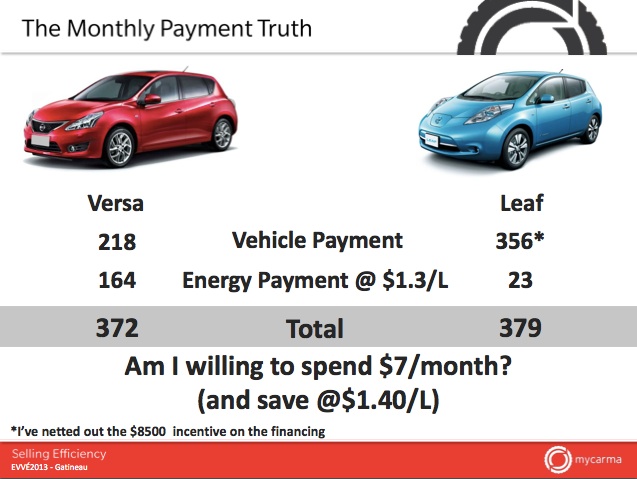
Refuting the ROI Lie, presentation for MyCarma by CrossChasm Technologies
Until now, advocates have tried to counter issues of cost (through public policy incentives) and convenience (infrastructure build-out).
But study after study shows that sales are held back by a contemplation deficit on the part of many buyers. They simply ignore plug-ins because the prices appear far too high--and because they may be unaware of incentives. The same applies to dealers, too.
Vehicular apps may be able to address all of these--particularly the cost perception--by giving consumers relevant, contextual and personalized information.
Buyers who are given useful and relevant information that they trust will generally make better decisions.
Perhaps, over time, a better understanding by drivers of the real costs and uses of their cars could lead them to choose different types of powertrains.
Even if they're more expensive at the outset.
_______________________________________________
